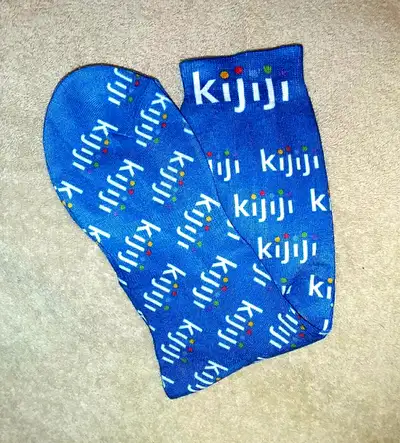
WEIGHT: 56 kg
Breast: 38
One HOUR:200$
NIGHT: +70$
Sex services: Disabled Clients, Pole Dancing, Receiving Oral, Receiving Oral, Parties
Apps promoting patient self-management may improve health outcomes. However, methods to secure stored information on mobile devices may adversely affect usability. We tested the reliability and usability of common user authentication techniques in younger and older adults. Usability testing was conducted in two age groups, 18 to 30 years and 50 years and older. A total of 59 older and 43 younger participants completed the study. Compared to younger participants, older participants were also less likely to find PATTERN to be tiring, annoying or time consuming and less likely to consider PIN to be time consuming.
On mobile devices, PIN and pattern-lock outperformed graphical passwords and swipe-style fingerprints. All participants took longer to authenticate using the swipe-style fingerprint compared to other options. Older participants also took two to three seconds longer to authenticate using the PIN, pattern and graphical passwords though this did not appear to affect perceived usability.

This is an open access article distributed under the terms of the Creative Commons Attribution License , which permits unrestricted use, distribution, and reproduction in any medium, provided the original author and source are credited.
Data Availability: The data underlying this study is ethically restricted by the University of Waterloo Research Ethics Committee in order to protect participant privacy. Due to the terms outlined in the consent agreement, the data set may not be publicly shared. Requests for data may be sent to the acting Chief Ethics Officer, Ms. Phone: x Email: Julie. Funding: This work received an unrestricted grant from the Office of the Privacy Commissioner of Canada.

Competing interests: The authors have declared that no competing interests exist. Privacy is one of the biggest factors that bring down consumer ratings of mobile apps. Yet, most mHealth apps used by consumers do not fall under federal or regional health privacy laws, even when the apps are used to manage a chronic illness [ 3 ]. The lack of oversight means consumer mHealth apps are often built without basic security measures to protect against privacy and security breaches including authentication e.



































